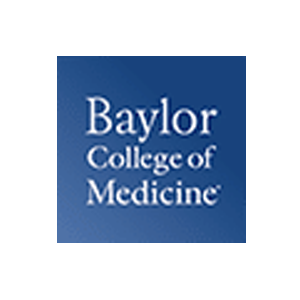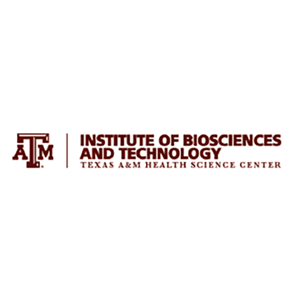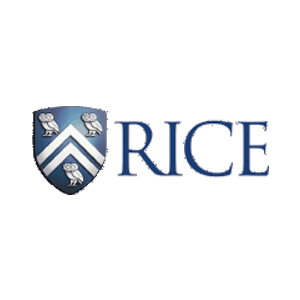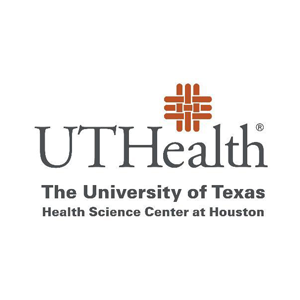Research Goals
The research goal is to foster new transdisciplinary collaborations by providing the organizational and administrative structure to seek further extramural funding. The GCCAAR catalyzes conference opportunities that allow us to develop these concepts of transdisciplinary collaborations. We aim to strengthen the relationship and communication between investigators who focus on preclinical science areas, e.g. biological, medicinal, and synthetic chemistry, molecular and cell biology, pharmacology and investigators involved with clinical research, e.g. psychiatry, preventative medicine, community health, and clinical psychology to study AUD (Alcohol Use Disorders) and SUD (Substance Use Disorders) as a means to help advance the search for new approaches to prevent, diagnose and treat addictive disorders. We will also enhance and broaden our scope of integrated research in additional scientific areas. Examples of integrated research programs include:
Training Goals
A second key goal of the GCCAAR is to train and mentor scientists to be well-equipped to pursue careers in AUD and SUD research using translational approaches. These training efforts will be placed within the context of well-established educational programs at each of the GCC institutions. Training could be provided through mentored research development, short-term translation research rotations, seminars, community activities, pre- and post-doctoral training grants, and awareness training.








